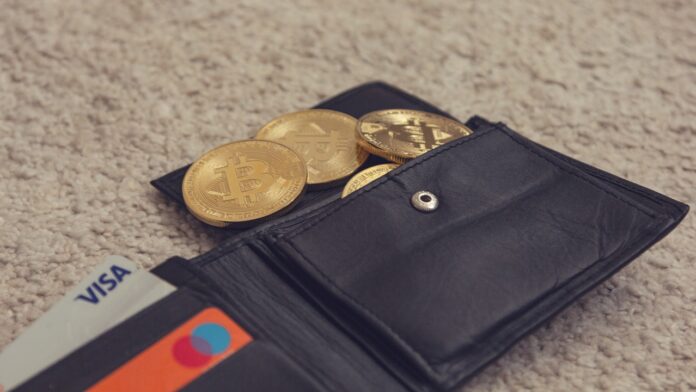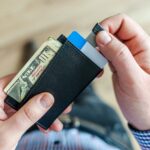Bitcoin, a form of digital currency, can be used to purchase goods and services over the internet. It operates without the need for a central bank, so transactions are cheap, fast, and convenient. But what are the risks? How do you secure your bitcoin wallet? Read this article to find out how.
Consider hardware wallets
Today, many companies are offering bitcoin hardware wallets. These devices store your private key and enable you to buy, sell or use bitcoins on the go. They come in different forms but work by securing access to your wallet using a code, which is cryptographically generated every time the device itself is powered up.
The main benefit of using a hardware wallet is that it can be used securely offline, which means your private key isn’t stored on the device itself. This makes them less vulnerable to hackers than online wallets.
Use a secure internet connection
Although your wallet is secure offline, it’s still vulnerable online. If you use a public Wi-Fi network or internet café to access your bitcoin wallet, for example, someone could easily intercept the traffic and gain access to your private key information.
To avoid this problem, make sure that any device used to manage bitcoins always has a strong password and is protected by a firewall. Avoid public Wi-Fi and internet connections, like the ones at cafes or airports; instead, use home broadband or tether to your smartphone for an extra layer of protection.
Some wallets even enable you to encrypt the data on them; this adds another level of security because someone would need access both to the device AND password in order to steal its contents.
Use a strong password
The passwords that you use to protect your bitcoin wallet are just as important as the device itself. Since anyone who gains access can easily steal all of its contents, it’s vital to make sure they’re extremely secure and not easy for someone else to guess. Most wallets will allow you to set up an extra level of security in the form of a password hint, which you would give to someone if they ever needed access.
Avoid using obvious passwords like your name or birthdate; instead, use combinations or random sequences that are hard for others to guess but easy enough for you to remember when necessary. Avoid common keyboard patterns, too, like qwertyuiop, as these are easy to guess.
Backup your wallet
If you’re a bitcoin miner, you probably know how important it is to work with safe crypto mining companies to protect your earnings. The safety measures don’t end here. To make sure that the money is safe, it’s vital to back up your wallet regularly and encrypt any backups stored on any internet-connected device.
Encrypting backups means locking them with a password so that they can’t be accessed without one; this makes them useless if someone does gain access, even if they know what the password is.
If your wallet allows it, you should also consider automatically creating backups after each transaction or at least before any additional funds are deposited into your account. This way, if anything were to happen to one of them, for example, a device with an encrypted backup being lost in transit, there would be a second available for recovery.
Avoid sharing personal information
To make the most of bitcoin, you need to be able to buy and sell it anonymously. This means that whenever possible, avoid linking your wallet or transactions back to any personal information, like email addresses or phone numbers. The more you can remain anonymous when using bitcoins in everyday life, the safer they’ll be for everyone involved.
When you do need to provide personal information, make sure it’s only the minimum required. If possible, use email addresses that are linked to a disposable or temporary service, like Mailinator, rather than your main one.
What’s the best way to secure your bitcoin wallet? The answer is simple: choose a device that offers strong protection offline and online, use it with an encrypted connection or at home whenever possible, create a unique password of excellent quality, make sure to back up the wallet regularly, and avoid exposing your personal information.







